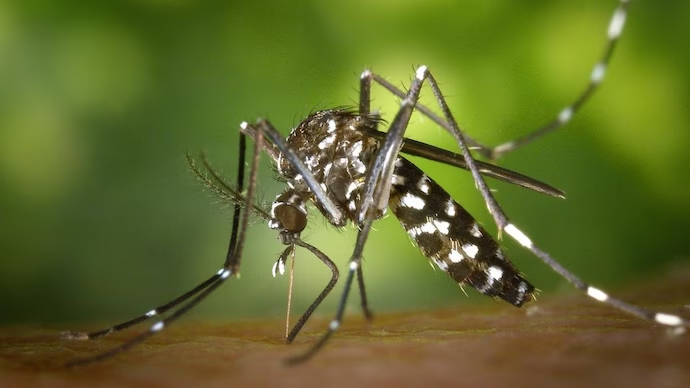
The Stockholm-based European Centre for Disease Prevention and Control (ECDC) has announced a significant increase in dengue fever and other mosquito-based diseases in Europe. The centre appoints the rise to climate change, as warmer conditions help invasive mosquitos spread.
In 2023 the centre registered 130 mosquito cases in the EU and Iceland, Liechtenstein and Norway (EEA). That is a significant increased when comparing to 2022, where there were only 71 cases. The rise is also apparent when comparing to the entire period from 2010 to 2021, where there were only 73 cases.
Imported cases from abroad were also on the rise. In 2022 there were 2022 cases, whereas there were 4,900 cases in 2023, which is the highest amount of recorded cases since the EU started monitoring in 2008.
The director of ECDC Andrea Ammon said the rising temperatures and milder winters are making it possible for the mosquitos to spread in areas, that they didn’t used to live in.
The so-called Aedes albopictus mosquito, which transmits dengue fever, chikungunya and Zika viruses is according to the ECDC spreading further north, east and west in Europe. The centre was able to record self-sustaining populations of the Aedes albopictus mosquito across 13 EU and EEA countries.
The ECDC is encouraging coordinated measures, such as insecticidal nets and indoor residual spraying. Furthermore, removing stagnant water from balconies and gardens and the protective measures of the individual are important to reduce risk of infectious mosquito bites.
Dengue fever is most commonly found in tropical and subtropical climates, including parts of Asia, Africa and Central and South America.
Source: ABS CBN news




